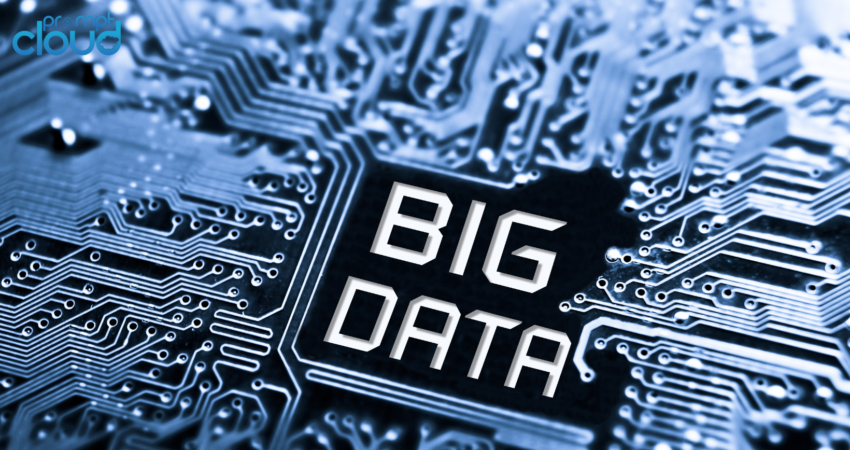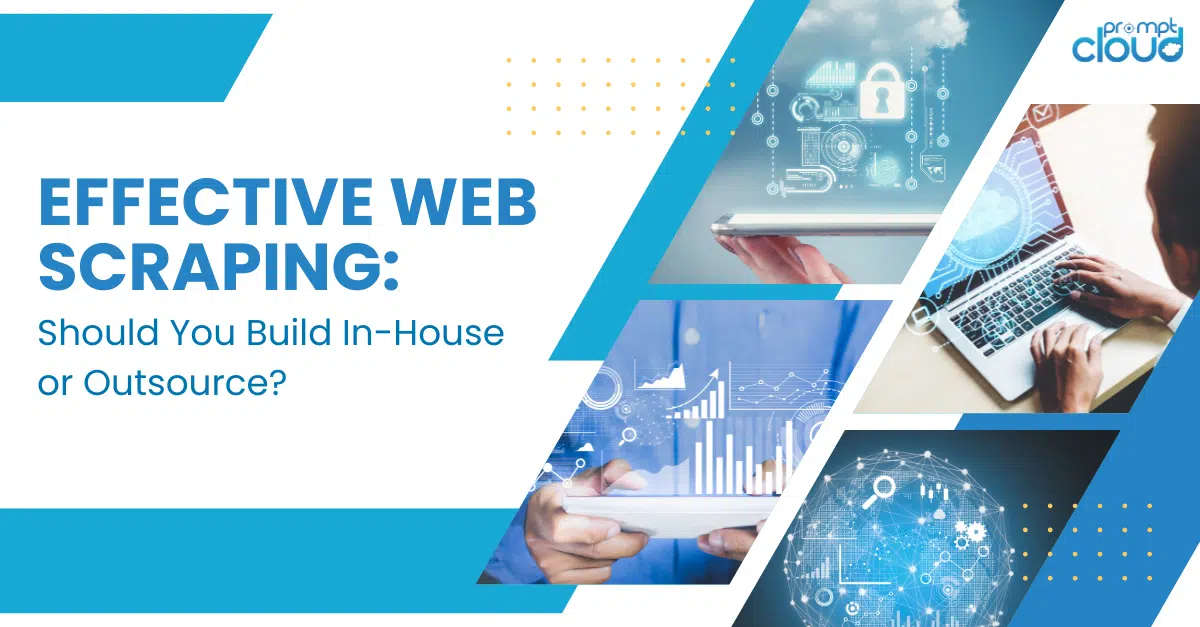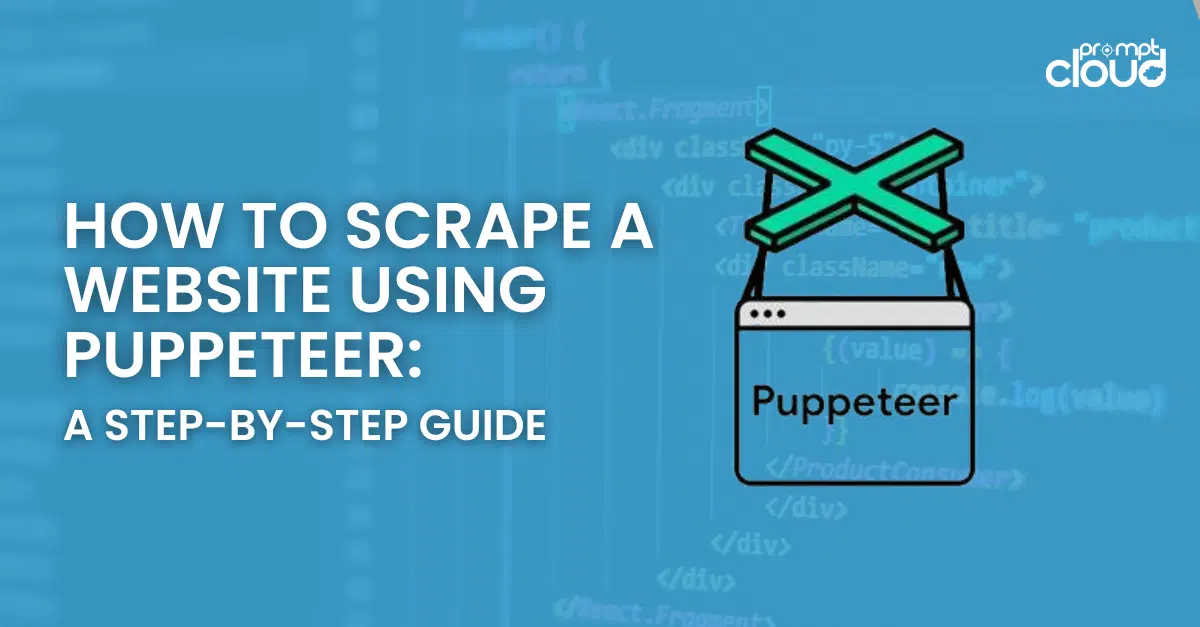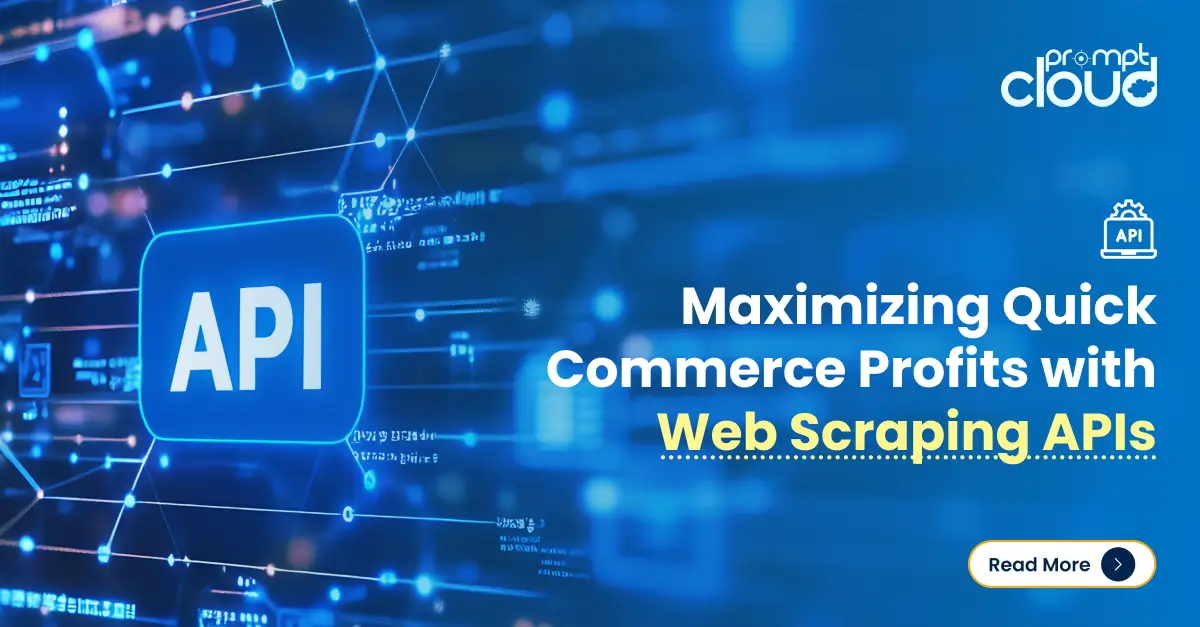
Sruthi Singareddy
- February 9, 2023
- Blog, Web Scraping
Data and digitalization help marketers respond to build processes and manage crises with agility. Data feed insights bring solutions to this complex growing digital world. Since the pandemic hit us, we are seeing individuals and businesses battle adversity in ways that were not possible a few years ago. Currently, we can see most industries like eCommerce, healthcare, media, banking, and entertainment disrupting markets and rising. Doing good with data is now a culture and a cornerstone for many organizations to navigate customers through the next normal of implementing data-driven approaches.
The Changing Role of Marketing Officers
We are in the age of rapid transformation, and data helps to guide us by our purpose. Today, marketing officers are more reliable, adaptable, and relevant to their stakeholders. Developing a deeper understanding of the customers through data and analytics. It shines a light on what is actually happening and how it might affect the future, as opposed to what we think based on gut instincts. This comes from accessing market intelligence built on data analytics.
Data Helps Companies Plan for Recovery
Being able to access web data, can help brands to know where to invest, manage staff well, and know what products to prioritize first. This is the kind of value proposition that web data analysis can offer. Companies can also look at location-based data to evaluate where to open a new office, by carefully evaluating the risk. Companies that are powered by data, continue to persevere and deliver what customers want.
Innovations that Marketing Can Deploy in 2023
The way consumers access data has changed from how they buy things, to where they buy things. Companies now require digital presence across channels to find where customers want. Being adaptive and resilient to market changes can certainly drive to establish a foothold in the changing markets. The year 2023 is a good time to focus on the strategic importance of web data, as opposed to the pre-covid time. Today, data is used more accurately to forecast what the market might look like in the future and how to compete in it.
Becoming enamored by technology like artificial intelligence, machine learning, and harnessing web data only emphasizes more on bringing in the human factor. We can look at leveraging this data to be more human-centric and lead toward growth by being more resilient. The combination of AI and human intervention is important to extract and interpret data to be relevant to your business and driving value.
Data is Changing the Role of Research
Asking the right questions when it comes to interpreting data can lead to marketing in the right direction. Take purchase data for example, this shows insights into what customers want and how much are they willing to spend. With this info, research can be fueled by extracting preferences and learning to scale. Marketers focus on enhancing the consumer journey by defining, creating, and executing experiences for multiple segments.
Data Can Change Marketing in 2023 and Here’s How
As the world is changing, it is about time for ad campaigns to change as well. New privacy policies by most tech giants will be revolving around a couple of major aspects, mostly driven toward taking assertive actions:
Cookieless Ad Campaigns
The complexities of having third-party cookies are known to every advertiser. This trend will change after Google offered a reprieve on cookieless ad spaces. Some brands have tested the waters for effectiveness on transactions with pseudo identifiers instead. As suggested by the Drum, the top 100 US ad campaigns will be cookieless in 2023 to enable cross-screen marketing opportunities.
Brands embracing customer centricity
Customer-centric strategies talk about dynamic pricing, reward programs, and displaying high-intent ads. Marketing plans will be adjusted to what customers are saying and searching. Marketing in most cases is effective to bridge the gap between customers’ expectations and brand offerings, maximizing customer satisfaction, and improving brand loyalty.
Conclusion – Marketing the Future
Data analytics is changing with growing concerns about privacy and security regulations when it comes to AI and ML. Marketers learn about customers, from what songs they hear, to the movies they watch, to their favorite dessert. This data, however ubiquitous, is essential for businesses to understand their niche better. As discussed, advertising in a cookieless world will stop marketers from tracking consumers across the web. Companies are looking at being proactive and pivoting to be ready for a post-cookie world. Companies using web scraping data are going to win as opposed to the ones going with their gut feeling and guessing.
Sharing is caring!



















